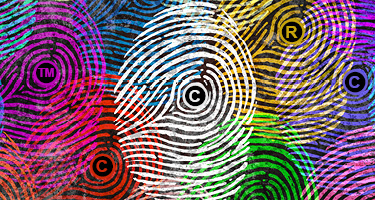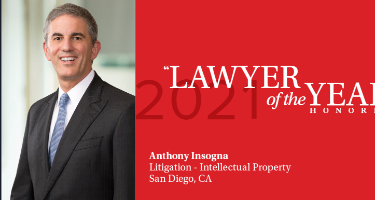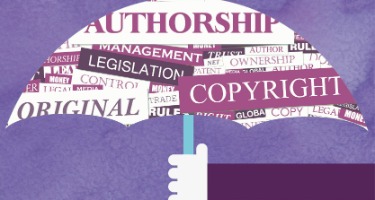If you want to use photographs, graphics, or other content without paying a fee or by paying a one-time fee rather than an ongoing royalty, it is important that you understand the law to avoid subjecting yourself or your business to a copyright infringement claim. Common forms of royalty-free works are clip art, templates, and works licensed under Creative Commons.
Clip Art and Templates
Clip art and templates are available for public use without the payment of a royalty. Clip art and templates are often misconstrued as material in the public domain. In reality, clip art and templates are usually copyright protected, but the creators have made them available for royalty-free use. The distinction is important because there is no restriction on how you can use materials that are in the public domain. Materials such as clip art, however, are usually provided for use under license restrictions that can be found in the fine print agreement or terms and conditions of the clip art provider. For example, Microsoft® Word includes a clip art library. The End User License Agreement for Microsoft Word provides that you may use the clip art and may modify the clip art, but provides four limitations on your use: (1) you may not sell the clip art; (2) you may not license the clip art; (3) you may not use the clip art in a way that would imply sponsorship or endorsement by an agency or company; and (4) you may not use the clip art in a manner that is obscene or scandalous. Those are pretty reasonable limitations. Some license agreements permit personal, but not commercial, use of the clip art or the template. When using clip art or templates, it is important that you read and comply with the license agreement or the terms and conditions.
For example, on my advice, one of my clients approached his graphic designer to request that she assign to him the copyright in a logo that she created for his business. She responded that she was unsure if she could assign the copyright in the logo because she adapted the logo from a clip art graphic. In other words, she was not the original creator. We located the terms of use of the clip art and we learned that the terms prohibited use of the clip art in logos. Our research had revealed that not only could my client not own the copyright in his logo, but he was not allowed to use it as a logo. He had to commission a new logo.
The lesson is that if you are going to use clip art in any widespread or commercial manner, be sure to read and comply with the terms of use.
Creative Commons
There has been a growing trend of owners permitting their works to be used free of charge in furtherance of a common goal of improving the work through collaboration. Some people call it the “copyleft” movement. The driving force behind this movement is an organization called Creative Commons. Creative Commons is a non-profit organization that “works to increase the amount of creativity (cultural, educational, and scientific content) in ‘the commons’ — the body of work that is available to the public for free and legal sharing, use, repurposing, and remixing.” Creative Commons has established four main types of licenses under which copyright owners can choose to publish their works: (1) attribution alone, in which the only obligation of the user is to give attribution; (2) noncommercial use only; (3) no derivative works allowed; and (4) sharealike, in which you may make derivative works as long as you similarly license any derivative works. There are also combinations of the four main types of licenses. The type of license is usually designated by a symbol which tells the user the type of license provided.
Perhaps the most popular user of the Creative Commons license structure is Wikipedia, which provides an attribution-sharealike license to its users.
Royalty-Free Photographs
There is much misinformation about royalty free photographs. First, royalty-free does not necessarily mean free. Stock photography companies often offer royalty-free licenses. The most common business model is that the user pays a subscription for the use of a certain number of photographs per month or pays a flat fee for use of the photograph instead of paying a royalty for every product sold that features the photograph. The service pays the photographer based on uses of the photograph.
In addition to royalty-free photographs, there are many sources for actually free photographs. These sources follow a Creative Commons model and sometimes require, or at least encourage, attribution.
Know and Follow the Rules
Copying and using content that you don’t own is risky. You should always do your research to determine whether the content is truly in the public domain (the copyright has expired) and, if not, what the rules are for use of the content. You can usually find a link to the terms of use at the bottom of the website where you found the content. Another option is reaching out to the owner of the content by email or doing a general search engine search for the information you need. Once you find the answer, take a screen shot of it to preserve proof of what you found. If you cannot determine who owns content or how it can be used, don’t use the content and instead find an alternative.
This article is adapted from an excerpt from the book, Protect Your Photographs: A Legal Guide for Photographers, by Maria Crimi Speth, Esq., available on Amazon. Ms. Speth is an intellectual property attorney and chair of the IP group at the Phoenix law firm of Jaburg Wilk. She has expertise in copyright law, trademark law, and Internet law. She focuses on litigation involving intellectual property rights, privacy and First Amendment rights. Ms. Speth is also the author of the book, Protect Your Writings: A Legal Guide for Authors.































